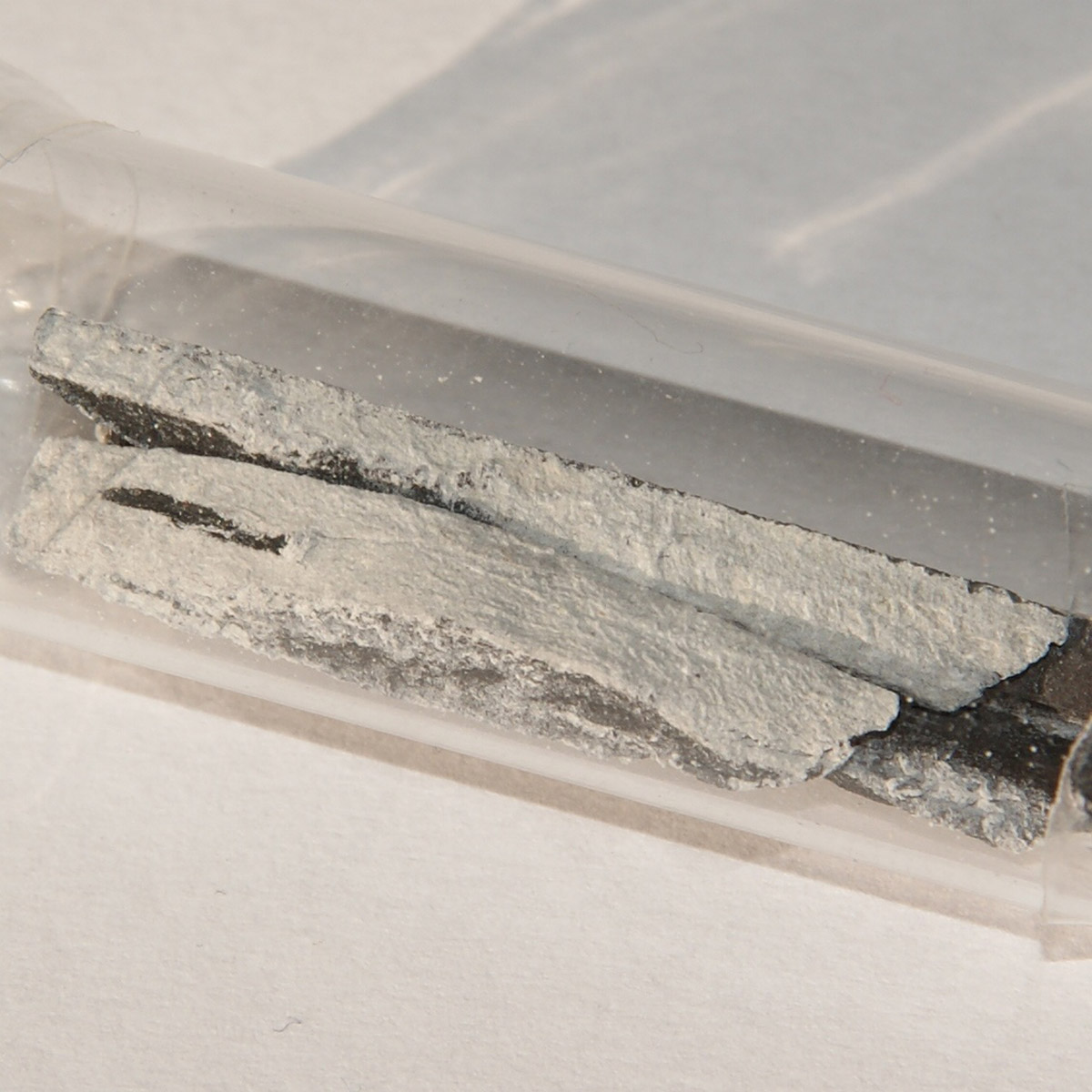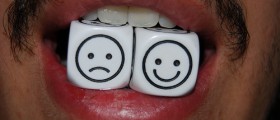Lithium Withdrawal Syndrome Info
People who stop taking lithium usually experience lithium withdrawal syndrome. Lithium is a medicine that is used for the treatment of mood disorders. Bipolar disorder, manic depressive disorder, and hyperactivity disorder are some of the psychiatric conditions that are treated with lithium.
This drug acts as a mood stabilizer and it is prescribed to patients with severe mood swings and irritability. Lithium is an antimanic agent used for treating manic episodes of manic depression. Lithium is effective in treating mood disorders associated with depression and hyperactivity.
Lithium Withdrawal Symptoms
Some users have reported lithium side effects that they have experienced after discontinuing the drug. This condition is known as lithium withdrawal syndrome but some researchers disclaim its existence. Lithium withdrawal syndrome is mainly characterized by the relapse of manic episodes. Individuals that are using lithium for a prolonged period of time have an increased risk of becoming manic again if they abruptly stop taking the medicine.
- Of 873 patients treated with lithium, 54% discontinued lithium, corresponding to 561 episodes of lithium discontinuation.
- In 62% of episodes, lithium was discontinued due to adverse effects, in 44% due to psychiatric reasons, and in 12% due to physical reasons interfering with lithium treatment.
- The five single most common adverse effects leading to lithium discontinuation were diarrhoea (13%), tremor (11%), polyuria/polydipsia/diabetes insipidus (9%), creatinine increase (9%) and weight gain (7%).
- Women were as likely as men to take the initiative to stop lithium, but twice as likely to consult a doctor before taking action (p?0.01).
- Patients with type 1 bipolar affective disorder (BPAD) or schizoaffective disorder (SZD) were more likely to discontinue lithium than patients with type 2 or unspecified BPAD (p?0.01). Patients with type 1 BPAD or SZD were more likely to refuse medication (p?0.01).
- Conversely, patients with type 2 or unspecified BPAD were three times as likely to discontinue lithium for lack or perceived lack of effectiveness (p?0.001).
On the other hand, there are lithium overdose symptoms that are sometimes included in lithium withdrawal symptoms though both of these symptoms are caused by different reasons. Lithium toxicity occurs when too much lithium has been taken (lithium overdose) and associated symptoms include diarrhea, vomiting, shakiness, drowsiness, seizures, blurred vision, muscle weakness, and lack of coordination.
Controversy Regarding Lithium Withdrawal Syndrome
There is no scientific evidence of lithium withdrawal syndrome existence. Some studies claim that lithium withdrawal syndrome doesn’t exist and the relapse of manic episodes is not actually a withdrawal symptom. The term withdrawal refers to the cessation of the use of an addictive substance such as nicotine withdrawal. Since lithium is not a habit-forming medication it doesn’t cause the person to crave it or experience symptoms that are recognized as withdrawal syndrome.
Lithium users are not addicted to the drug but in the case of lithium discontinuation, their bodies are struggling to adapt to the absence of the drug that they became used to be present. Therefore, manic episodes may occur again, that is, a person may experience a relapse of manic episodes.
Some research studies have observed that patients are at high risk of becoming manic after lithium has been withdrawn especially if withdrawn at once or over a very short period of time. On the other hand, gradual withdrawal of lithium lowers the risk of relapse of manic episodes. It is generally known that the longer person uses a certain drug the more his or her brain is used to its presence and the reduction has to be gradual for the best outcome.


















Your thoughts on this
Loading...